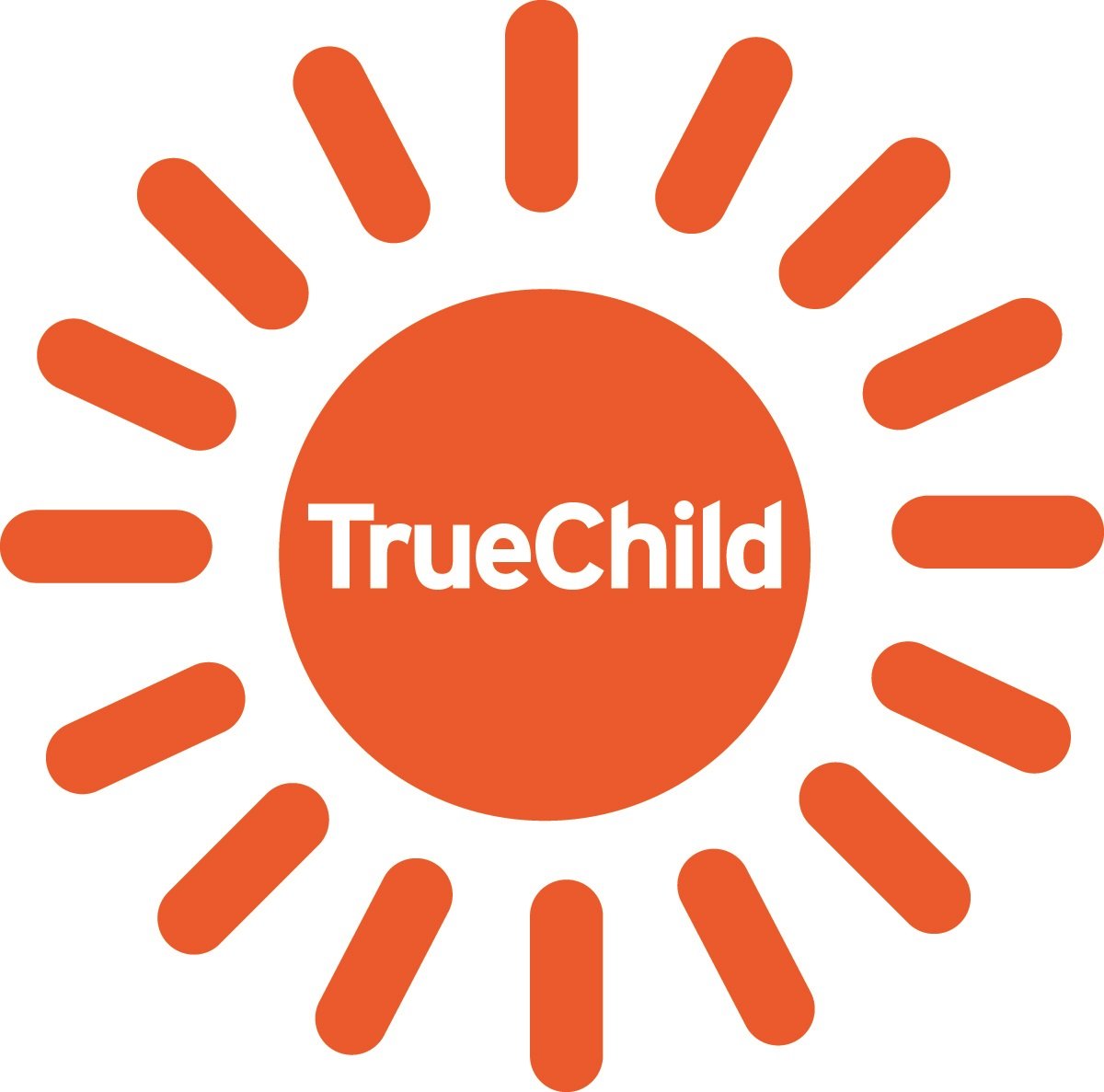Services
“We talked to equity consultants that could do race and gender as women, gender as LGBTQ+, and gender as masculine/feminine—but only TrueChild did all three.”
Melody Brown
VP, Human Resources, NPower
1
Gender Training
Introduction to Gender Norms
Our 60-minute introductory training covers all the basic concepts, terminology and research findings around gender norms in simple, accessible language accompanied by concrete examples to illustrate key ideas. We also offer a 30-minute version for management and boards that covers only the most fundamental ideas and concepts.
Race, Gender & Equity
In-Depth equity & Intersectionality Training
This customized training starts with the Introduction, followed by a full exploration of an intersectional equity lens that connects race, class and gender, as well as LGBTQ+, disability, trauma, and more. Also addressed are identifying and responding to microaggressions and implicit biases, and holding equity as a core organizational value.
2
Gender Audits ©
Websites, printed materials, new employee training, policies and programs all offer points of entry where a gender lens could easily be integrated. Our Gender Audits look at all this and more to help organizations pull a gender focus through all aspects of their work and ensure it becomes part of their structural "DNA” in ways that survive the institutional memory of current staff.
3
White Paper Reports
White papers and reports — when possible illustrated by specific examples from community-based research — can be emailed, handed-out and posted online to continue informing discussion and sparking dialog after webinars and trainings are over.
4
Community-Based Research
Every community has its own norms when it comes to gender. Knowing these is the key to effective work. Young men in El Paso, Newark. Mobile and Silicon Valley all understand masculinity in common but also very specific ways. Our focus groups and in-depth interviews with community members and the agencies who serve them can help provide insight and understanding of the nuances of the local gender culture.
5
Curriculum Development
There is a wealth of proven exercises from international NGOs that provide a strong, specific focus on teaching participants how to think critically about gender norms. With input from local agencies — and when possible the results from community-based research — we adapt them so they can be quickly taught and readily integrated into grantees’ existing programs. We also provide before-and-after metrics, data analysis and ongoing handholding.
